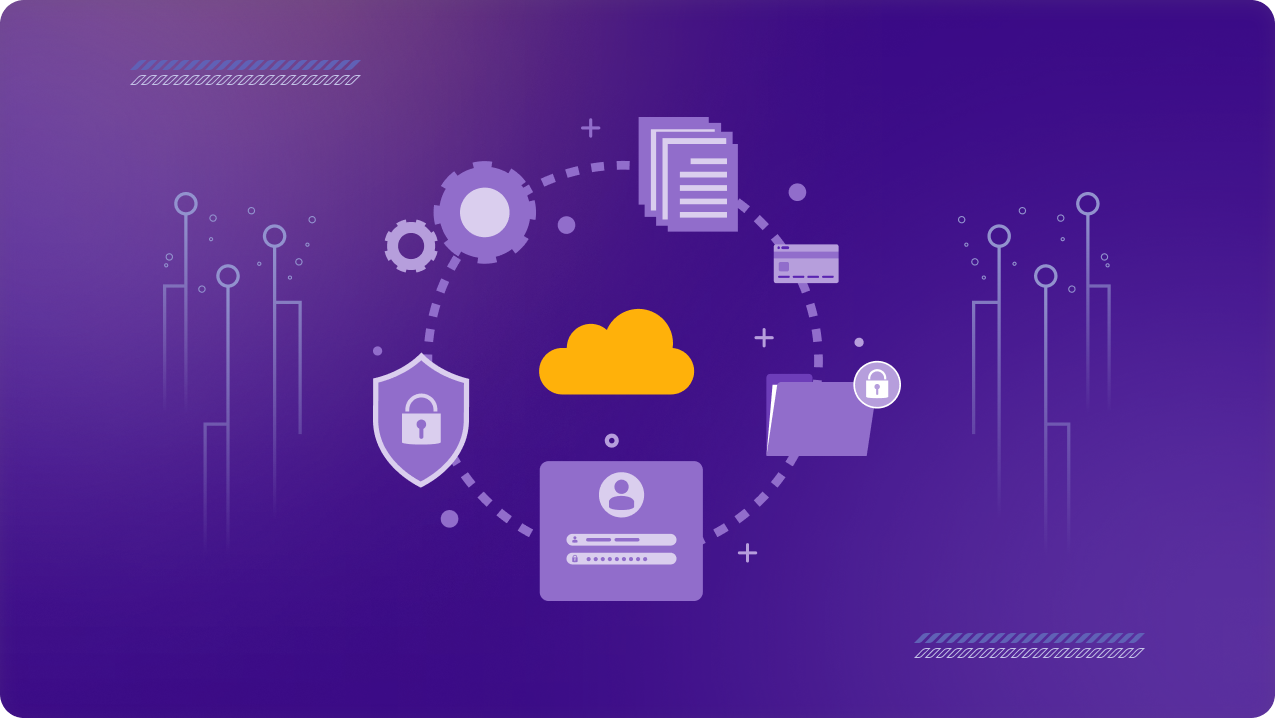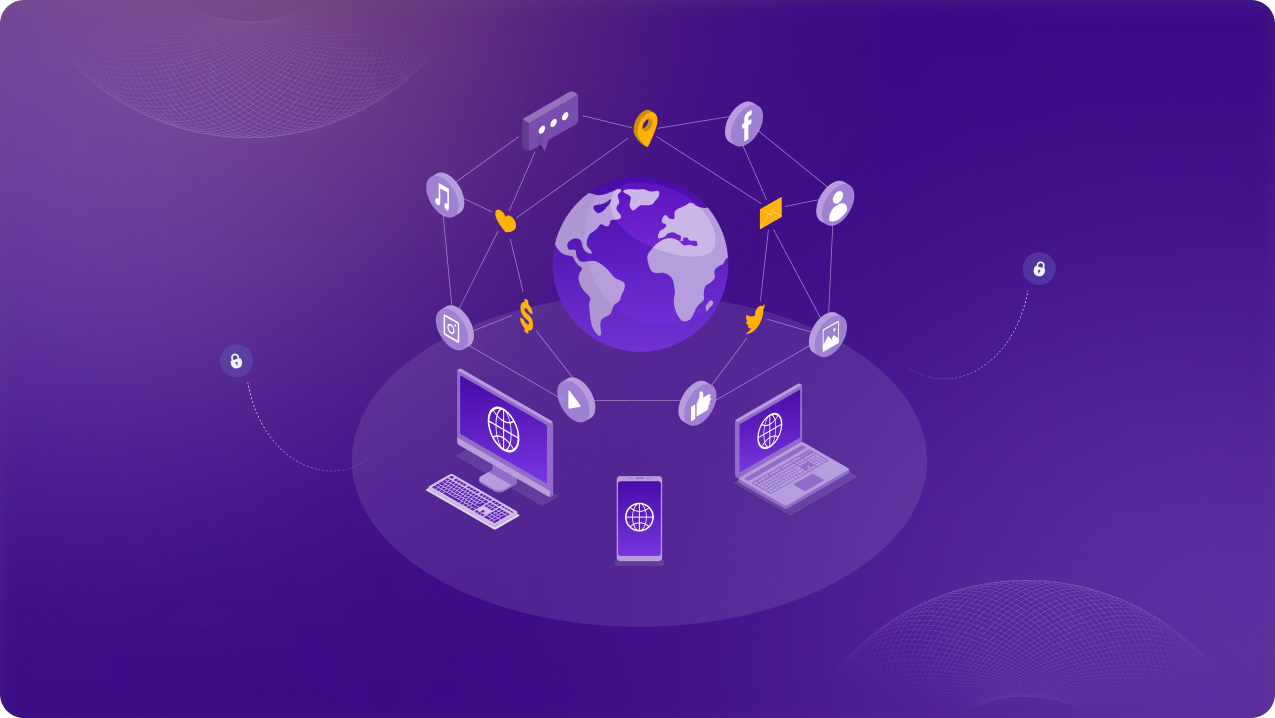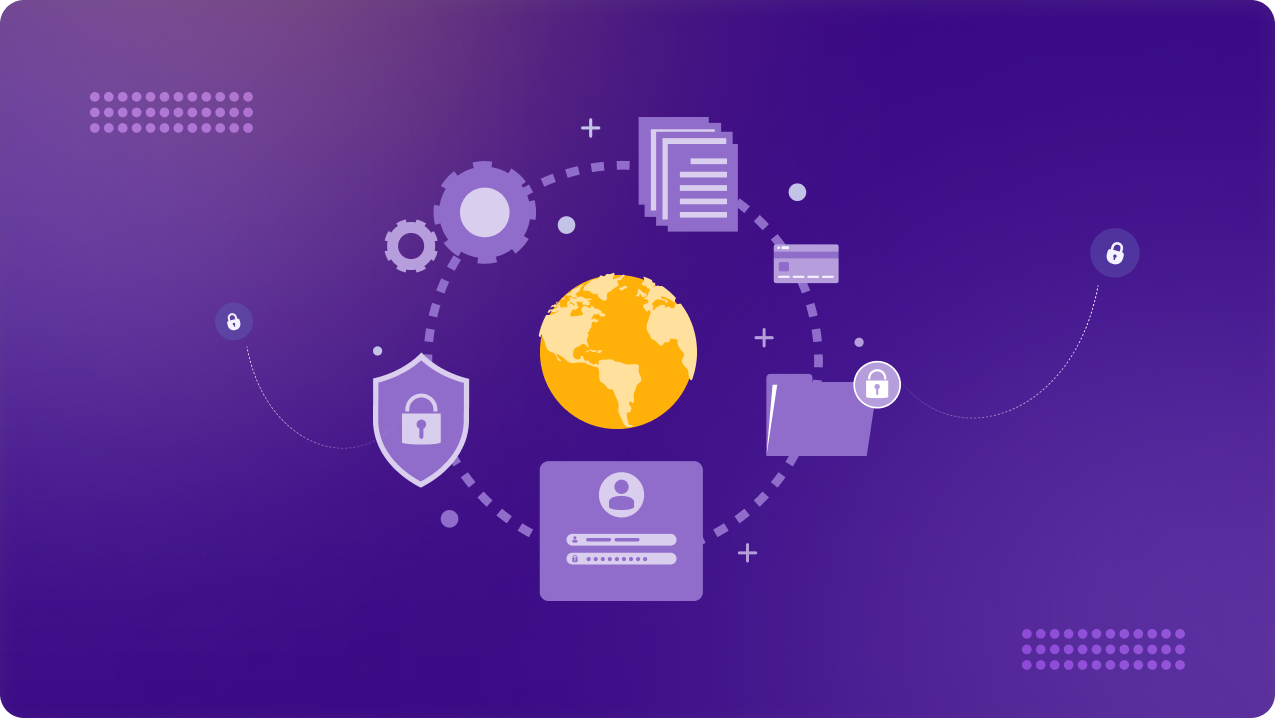Table of Contents
Remote access is very important in 2025 as it enables users to connect to company networks and resources from any location (not just an office). But this convenience comes with security risks. Securing remote access on your network is critical to your business in order to keep sensitive company data safe.
A report by Absolute Software discovered:
- 8 out of 10 companies have ramped up endpoint devices since COVID-19.
- 82% of top IT security leaders have updated theircybersecurity policies to stay current with increasing threats.
- With Bring Your Own Device (BYOD) setups being permitted by more and more businesses, and devices with Internet of Things (IoT) capability being more commonly used, the risks are ever increasing.
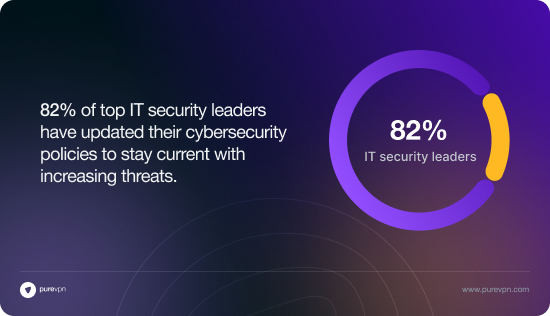
Endpoints are considered low-hanging fruit by hackers. If they obtain access, they can get into your entire network. A device may be online, offline, at home, at the office — it may still be vulnerable. Cybercriminals use a variety of attacks, including unknown threats, known threats and zero-day threats, to exploit weak security.
So what can you do to shield your business from these risks? Let’s discuss the most common threats and how to better protect your endpoints.
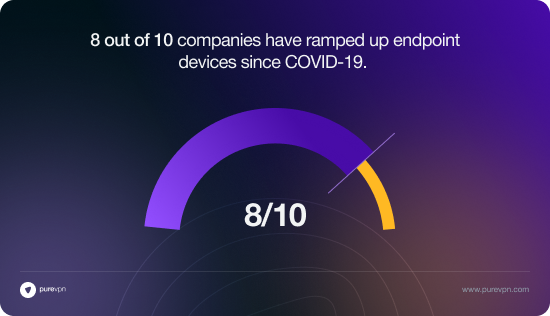
Why is Endpoint Security Important?
- Network Vulnerability:
- Each end-user device is a potential entry point for hackers or malicious software to infiltrate a business network.
- Endpoint security strengthens these individual entry points, safeguarding the entire network against cyberattacks.
- Scalability with Business Growth:
- As businesses expand, endpoints increase, enlarging the attack surface.
- Endpoint security scales to address this heightened risk, offering centralized protection for endpoints against security threats.
3. Broad Scope of Endpoints:
- Kaspersky considers any device with the capability of connecting to the internet as an endpoint in need of security.
- Different threats, such as malware, ransomware, exploit vulnerabilities in the software to compromise devices or networks.
4. Impact of Cyberattacks:
- Cyber attacks can be crippling to an organizations operation, its reputation and financial well being.
- On average, the cost of a data breach was $4.35 million globally.
5. Advanced Security Measures:
- Given the substantial risks of cyber threats, investing in advanced endpoint security services becomes imperative.
- These services aid in detecting, preventing, and eliminating security threats to safeguard business assets and integrity.
Most Common Endpoint Security Risks
- Phishing
- Ransomware
- Device Loss
- Inadequate Patch Management
- Malware and Fileless Threats
Tips for Protecting End Point Devices
- Patch and Secure Devices
- Maintain up-to-date inventory.
- Automate patch management.
- Least Privilege Policy (PLP)
- Evaluate user privileges strictly.
- Prevent unauthorized code installation.
- VPN Access Restriction
- Limit VPN usage to enhance security.
- Implement multi-factor authentication.
- BYOD Policy Enforcement
- Use guest access accounts.
- Employ device encryption.
- App Allowlisting/Blocklisting
- Authorize necessary apps only.
- Restrict app communication
- Zero Trust Security Model
- Verify user and device identity.
- Utilize network segmentation.
- Strong Passwords and Authentication
- Encourage complex passwords.
- Implement multi-factor authentication.
- Endpoint Encryption
- Encrypt device disks for data protection.
- USB Port Access Control
- Enforce policy to prevent malware spread.
- Employee Training
- Train users to recognize and avoid threats.
- Prevents potential financial losses.
Secure Remote Access with PureVPN for Teams
Encryption: PureVPN for Teams locks your data so hackers can’t see it. Your team stays safe and works without worry.
Dedicated IPs: Give each team member a fixed IP for better security. It helps them connect safely and access company systems easily.
Dedicated Servers: Your team gets a private server with one secure IP. This makes sharing and working together faster and safer.
Split Tunneling: Pick which data goes through the VPN. Keep important info safe while other tasks use regular internet for better speed.
Conclusion
- Secure remote access keeps your company’s data safe.
- Use a VPN to protect internet connections.
- Turn on two-factor authentication (2FA) for extra security.
- Use strong passwords to block unauthorized access.
- Keep software updated to fix security flaws.
- Teach employees how to spot cyber threats.
- Check and improve security often to stay protected.


